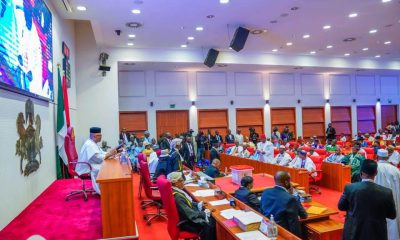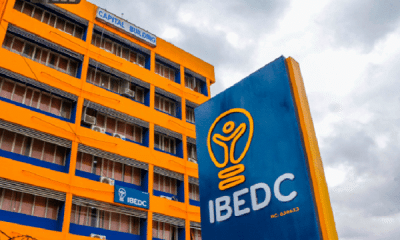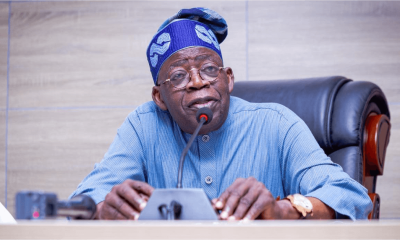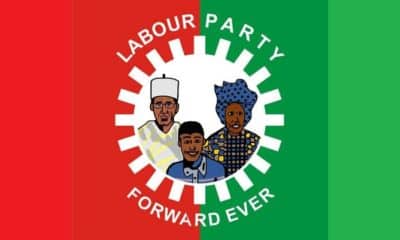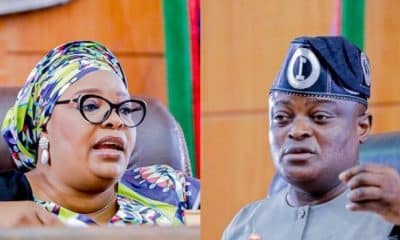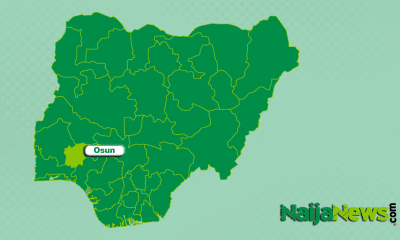Nigeria News
Strike: No Work, No Pay – OPS Threatens NLC, TUC
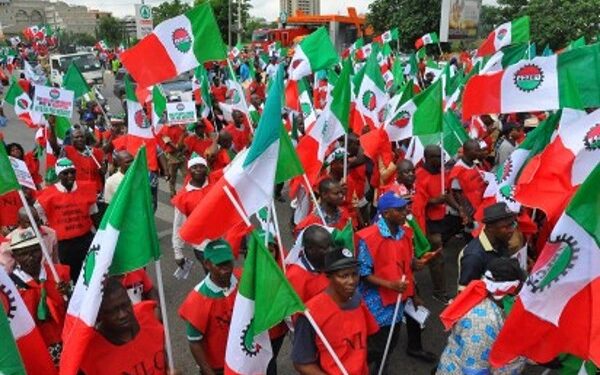
The ongoing dispute over the new minimum wage and electricity tariff hike in Nigeria is reaching a critical juncture as the Nigeria Labour Congress (NLC) and the Trade Union Congress (TUC) approach the end of their five-day strike relaxation period.
The organized private sector, represented by the Nigeria Employers Consultative Association (NECA), has issued a stern warning to its workforce about the potential enforcement of the ‘No Work No Pay’ rule if the strike action resumes.
The Director General of NECA, Adewale Smatt-Oyerinde, highlighted this position while speaking at the International Labour Conference (ILC) in Geneva, Switzerland.
He emphasized that employers are legally backed by the Trade Dispute Act, Section 43, which allows for the withholding of pay for days not worked during strikes.
“The employers in the Trade Dispute Act Section 43 have the right not to pay for work not done. It is part of our law,” Smatt-Oyerinde stated.
This announcement comes amidst heightened tensions as the labour unions have provided the Federal Government with a five-day ultimatum to meet their demands, which include an acceptable new wage for workers and a retraction of the new electricity tariffs.
However, the government’s offer of a ₦62,000 minimum wage has not satisfied union leaders, prompting threats of renewed strike action.
Smatt-Oyerinde questioned the practicality of paying employees during a strike, especially when no production activities are taking place.
“Where would the employer get the money to pay when work is not done? It is a rule of justice. Where do I get the money to pay from?” he queried.
Moreover, the NECA director general pointed out that both international and local industrial laws regulate the right to strike. He mentioned that the issue of strike rights is currently being contested at the International Labour Organisation (ILO) level and has been referred to the International Court of Justice (ICJ) for further interpretation.
“The context of ultimatum, context of strikes, these rules were guided by law, were guided by framework, in the ILO, it is the convention. In Nigeria, it is the Trade Dispute Act. We will wait for ICJ to come back.”
He said all parties must work within the legal framework, adding that a subsisting order exists at the National Industrial Court (NIC).
“We saw the letter by the attorney general of the federation, and our view is this, if you don’t align with it, you will go back to the court where he gets the order to contest it, but the moment I don’t context it, then I have gone way beyond the legal framework,” he said.
He said all parties must work within the legal framework to have an equilibrium society devoid of anarchy.
According to him, the International Labour Convention 87 gives the right to organise, “but workers felt it includes the right to strike and that is what we are demanding interpretation from the ICJ.
“Our position is that we cannot be party to rubbish those institutions created to regulate the industrial process, we have the NIC and the Industrial Arbitration Panel (AIP), we must follow those institutions before escalating issues.”
The NECA boss said the employers aligned with the Federal Government on N62,000 because that is what is feasible for the members of the OPS.
“After going back and forth, the employers painfully came to N62,000. I say painfully, judging by the current state of employers in the country, business closing shops, business relocating. Two objectives inform our decision, can we afford to pay, jobs and create jobs and three, it is a deeper economic reason for us.
“Even in the ILO, the importance is to make sure that the developing economy is not left behind. This is done through transiting those in the informal to formal sector.”
Oyerinde said anything above N62,000 would be detrimental to the Small and Medium Entrepreneurs (SMEs) that form the bulk of the informal economy.
He said though both the governors’ forum and organised labour have different proposals, the NECA director general said the president would have the final say.
“The work of the committee is to make recommendations to the Federal Government and not force anything down the throat of the Federal Government. What we are to negotiate is minimum wage. The economy must be able to drive it.
“It is now left for the President to make his recommendation to the National Assembly. It is not compulsory that all the tripartite members should submit the same amount,” noting that in 2019, only labour and employer agreed on N30,000, while the governors’ forum said N22,000, but N30,000 was eventually approved by the National Assembly.

